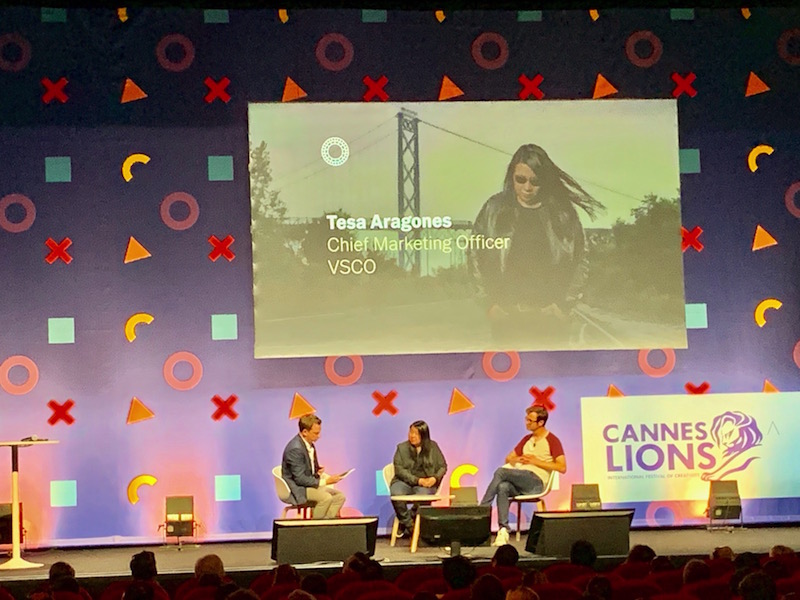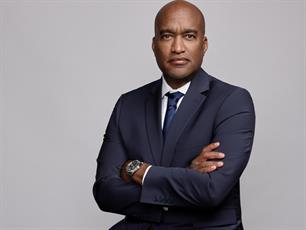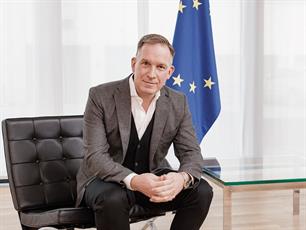Maja Pawinska Sims 17 Jun 2019 // 2:31PM GMT

CANNES — Behavioural science offers marketers some robust techniques to influence consumer decisions, and enables brands to get closer to human truths, even if they seem counter-intuiutaive at first, according to Richard Shotton, author of The Choice Factory.
Shotton was speaking at a panel session at the Festival of Creativity, “When Did We Stop Thinking?” led by Archetype global creative director Richard Parkinson (formerly global creative director at Text100). He said: “Brilliant as work is that shows us the power of emotional advertising, it just sets us the goal, not how to create that work. The great thing about behavioural science is that it gives us some very tangible tactics.”
Shotton outlined a number of experiments in behavioural science that had lessons for marketing, including the “Pratfall Effect”, the phenomenon where competent people appear more likeable and attractive when they make a mistake than when they are perfect.
He said: “Some of the greatest campaigns in history, from VW to Avis, have used the Pratfall Effect. It works so well because most people don’t trust what they see, so once you demonstrate honesty, your other claims become more believable. But it’s not random, but about picking a weakness that mirrors your strength. Guinness admitting to being slow, for instance, mirrors its strength of high quality.”
Distinctiveness was another area where taking a counter-intuitive approach worked, said Shotton: “We know theoretically that we notice what is distinctive, but most campaigns follow category conventions. Behavioural science shows us that it’s not about new ideas, but giving us the evidence to persuade clients to adopt them. If we want clients to be distinctive we say: be brave, take a risk, break the mould, but that’s poor psychology.
“What the client hears when they’re told to take a risk in being creative is that their job is on the line. Maybe a better way of selling-in category-busting creativity is not to argue it’s risky, but that distinctiveness means it’s actually a sensible balance, and the very opposite of risk.”
Also on the panel was Tesa Aragones, chief marketing officer at mobile photography app VSCO and former senior global brand marketing director for Nike. Aragones said the best consumer insights didn’t just drive marketing: “It’s important for any marketing team to spend time in market with consumers – we’ve been all over the world to find out the fundamental truths and needs of our consumers and to get a fresh, human perspective.
"Once we have insights around consumers needs it goes beyond marketing: it’s how we develop our products and services. The future of creativity is all about the consumer,” she said.



































.jpg)

















